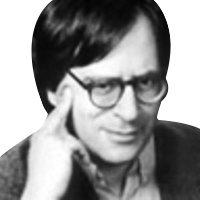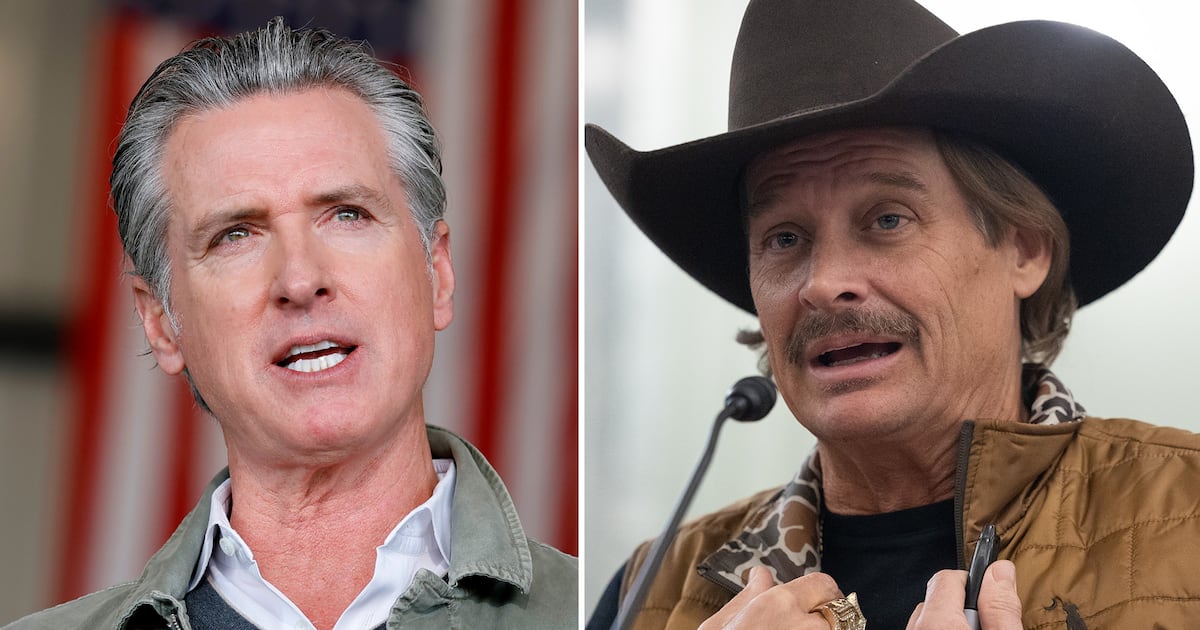Two years ago at Cannes, the previously unknown Adèle Exarchopoulos and her more famous co-star, Lėa Seydoux, became the toast of the town after Abdellatif Kechiche’s Blue is the Warmest Color won the Palme d’Or, the festival’s top prize, and the two actresses, in an unprecedented jury maneuver, also became Palme d’Or winners. Jury President Steven Spielberg explained this decision by insisting that the film would not have been artistically viable without Seydoux and Exarchopoulos’s contributions.
Within days after Kechiche and his cast’s Cannes triumph, however, Blue, which chronicles a stormy same-sex love affair between a middle-class artist and her more naïve blue-collar paramour, became perhaps the most controversial winner in the history of the festival. Julie Maroh, the author of the graphic novel that inspired the film, was unimpressed with Kechiche’s depiction of lesbian sexuality. Similarly, The New York Times’ Manohla Dargis denounced the film as a voyeuristic sham designed to please male audiences. Blue’s crew griped about grueling working conditions on the set, as did Seydoux and Exarchopoulos, accusing Kechiche of on set cruelty in a controversial interview with The Daily Beast. Kechiche himself proved bitter and defensive, a decision that probably did little, in the final analysis, to advance his career or burnish his once-shining reputation.
The Daily Beast sat down with Exarchopoulos last Saturday, the day after her most recent film, Elie Wajeman’s The Anarchists, opened the Cannes Critics’ Week, an important festival sidebar devoted to promoting the work of young and/or new directors. The Anarchists is a period film that recounts a fascinating interlude in the history of French radicalism. The story of how Jean, a police informer, played by Tahar Rahim (best known to U.S. audiences for Jacques Audiard’s 2009 A Prophet) manages to escape detection from the radicals whose “band” he’s assigned to infiltrate is, in many respects, a refurbished version of a tale that’s been told countless times by filmmakers over the decades. These qualms notwithstanding, Exarchopoulos delivers a convincing performance as Judith, the young radical whose charm and beauty almost converts Jean to the anarchist creed.
Although Blue is the Warmest Color was a great triumph at Cannes two years ago when you and Lėa Seydoux shared the Palme d’Or, it became almost immediately controversial. There was, for example, a lot of discussion about whether the actors and crew were exploited. Do you think this was overblown?
Yeah, people just flew off the handle. It was extreme. These reactions, based on very little, went much too far. When you’re involved in a long, hard shoot with someone like Abdel, who takes real time to let his actors grow into their very passionate roles, there are going to be conflicts.
But you and Lėa Seydoux were very critical of Kechiche. Of course, as I recall, she was more critical than you were.
I don’t want to speak for her. But, for me, this is something that’s very much in the past and I want to move on. I don’t want to dwell on the negative.
Yes, I understand. There was just an unusually swift backlash after the premiere since, although the film was initially celebrated, various factions—feminists, as well as some lesbians—denounced it. And Julie Maroh, the author of the graphic novel the film was based on, was also extremely critical.
Yes, I don’t think it was correct for her to judge the sex scenes from her perspective and say they weren’t accurate in depicting lesbian sex. Of course, one can judge these scenes from an artistic point of view, as well as a human point of view. I don’t think it was a good idea to make statements about such intimate acts—to claim, for example, that lesbians never make love that way. I can’t see how you can generalize about such things. Not everyone makes love the same way. It’s also the common story of an author who doesn’t like how her work has been adapted.
Do you think Abdel Kechiche was hurt by these reactions?
Certainly. When people are trying to speak for you and take control of how your work should be interpreted, it’s bound to have an impact. I’m still friendly with Abdel.
What attracted to you to role in The Anarchists? Was it the subject matter?
I almost don’t know where to start. But, first of all, it came from meeting Elie Wajeman, the director. I thought he had a lot to teach me. I wanted to try something different, something I had never tried before. I admired the script and liked the idea of making a period film. It’s an interesting period because it’s just after the Paris Commune and before the Bonnot Gang. I like this film because it’s about commitment, about a political group, and about a woman who wants to be free. I like the fact that anarchists need to destroy in order to create and, as we see in the film, they’re almost afraid to live.
I read that your character was based on the life of the French anarchist Rirette Maîtrejean and that you studied her writing. Did you do a lot of research for this role?
Honestly, not so much. I read Albert Camus’s play, The Just Assassins, since it dealt with a similar milieu. And of course Rirette Maîtrejean’s writings because you could see how she chose her lovers and lived her life. The film is set in 1899 and Rirette comes from a slightly later period, the time of the Bonnot Gang.
Did you choose this part because it deals with a complex woman? I suppose you were offered many roles after Blue is the Warmest Color.
I was offered some, but not really that many. But, yes, I choose my roles for their complexity. I want to develop my talent and learn something from each role.
The French spoken in the film is quite modern, and contemporary music is used on the soundtrack. Do you think Wajeman wanted to emphasize the relationship between the late nineteenth century anarchists’ activities and contemporary radicalism?
I think these societal problems are ongoing and haven’t changed that much since 1899. These problems are still here and they’re universal. I thought it was very daring to use reggae music on the soundtrack since that’s very much in a protest vein and complements the action. Also, for me, reggae connotes a certain kind of nostalgia. So I found this a subtle and intelligent choice.
There are also affinities between the activities of the anarchists in the film and the anti-authoritarian radicals of May ‘68. And there are parallels to what’s going on in France today.
Yes, there are parallels to what’s going on everywhere. That was something that Elie was trying to emphasize.
What do you make of Judith’s statement at the beginning of the film that she became an anarchist “out of love?”
This is an aspect of the role I liked a lot since I found it beautiful and profound. She’s a woman who wants to get what’s due her—her rights—through education.
How did you like working with Tahar Rahim?
I really enjoyed working with him. I knew of him by reputation as someone who’s really good at what he does. The friendship we had as collaborators is, I think, very rare. He’s both a great actor and a great human being. He’s a complex, subtle actor and invests a lot of time into his work.
It’s interesting that these individualist anarchists, with their bohemian milieu, also look forward to the surrealists and other twentieth-century artistic movements.
Yes, they also have a lot in common with the hippies of the ‘60s, especially their interest in free love. This is still a contemporary question—especially the matter of shifting affections, the realization that a single look can change everything. The scene where the comrades are sharing drugs is also reminiscent of the ‘60s.
How did you enjoy working with Sean Penn, the director of your forthcoming film, The Last Face?
It was great. There’s a political aspect to the film since it’s about the operation of an NGO within the context of a civil war. I’m going to shoot some new scenes in a few weeks. In a way, Sean’s also a bit of an anarchist. He’s very politically engaged.






